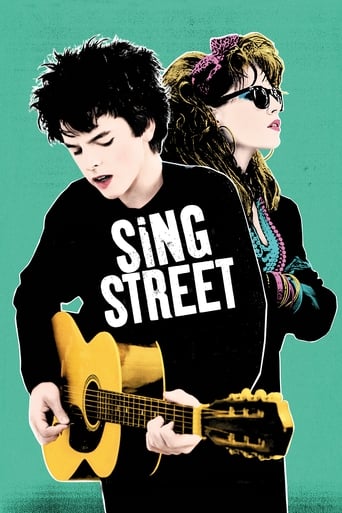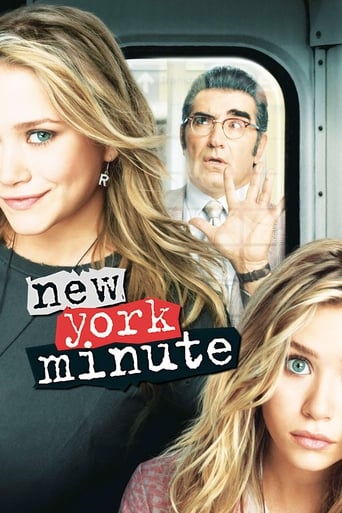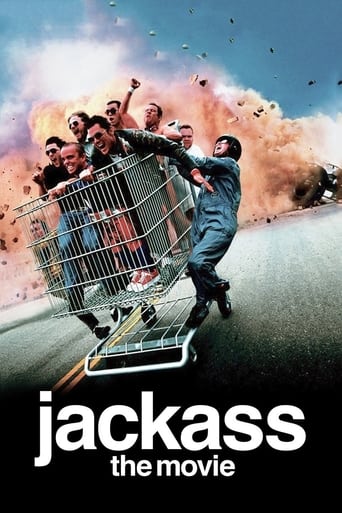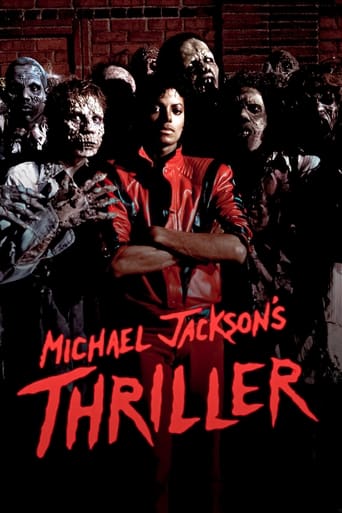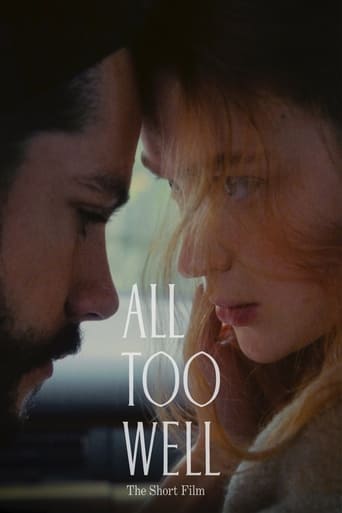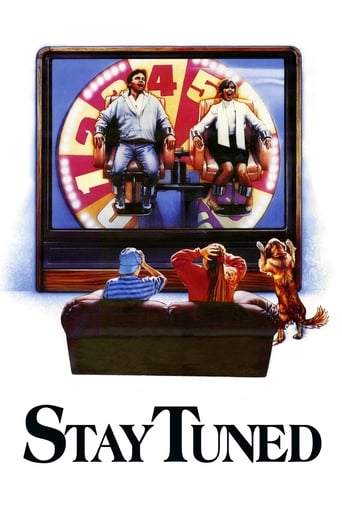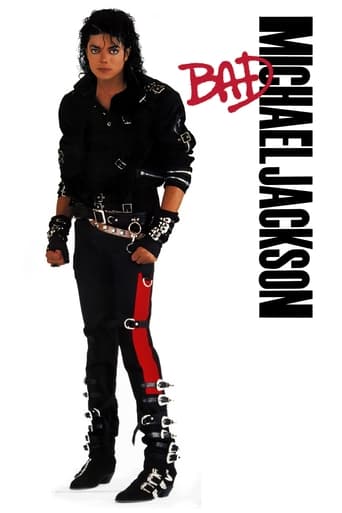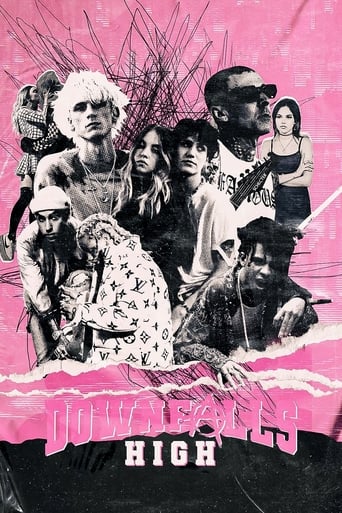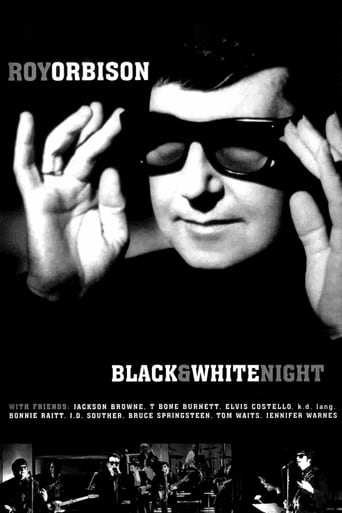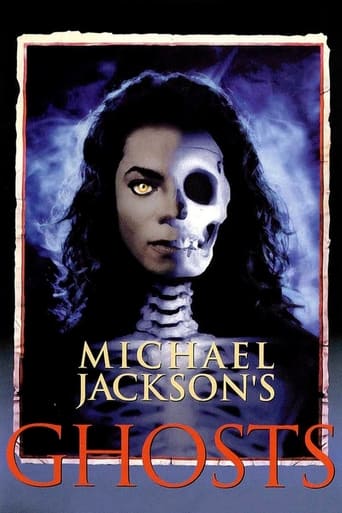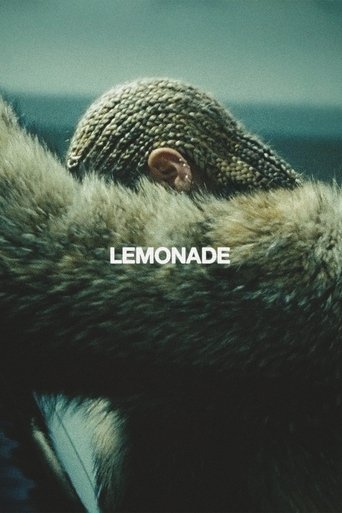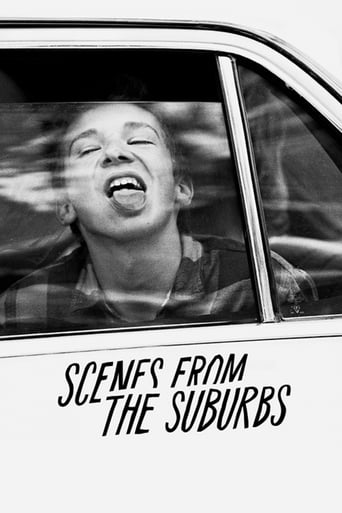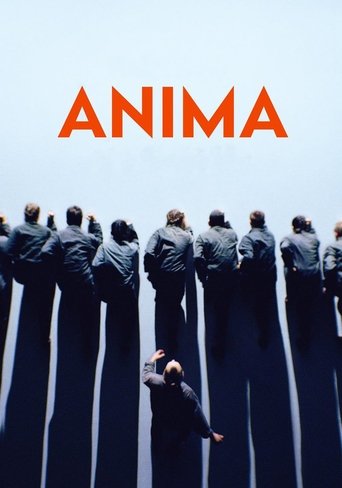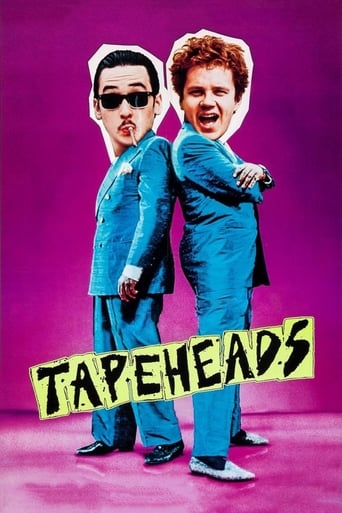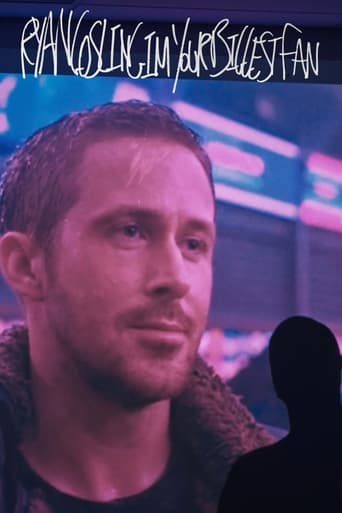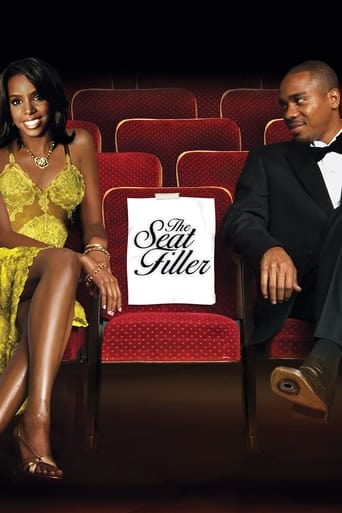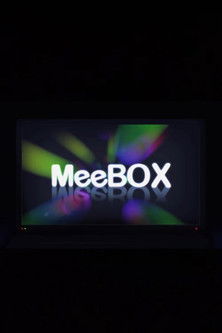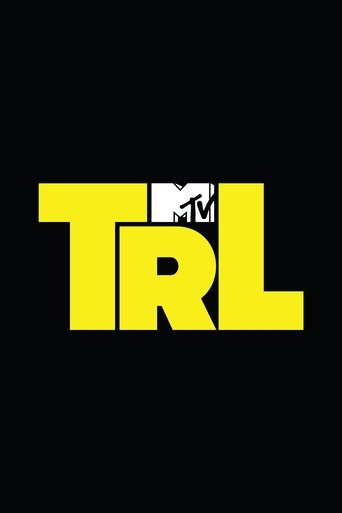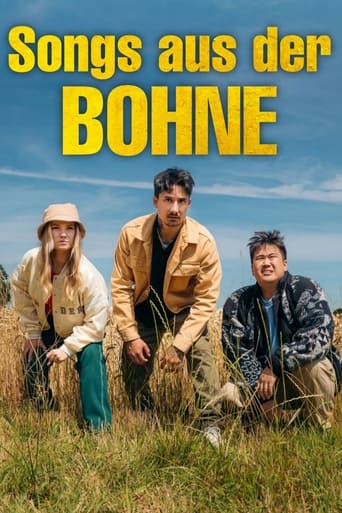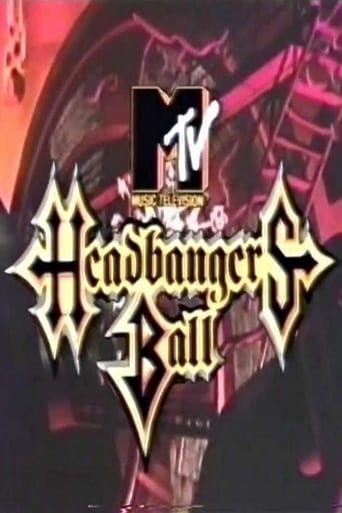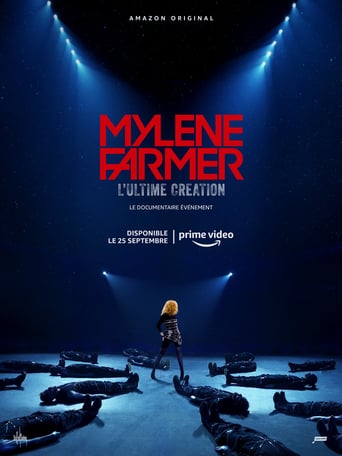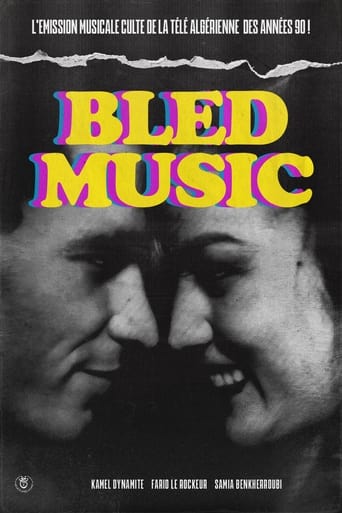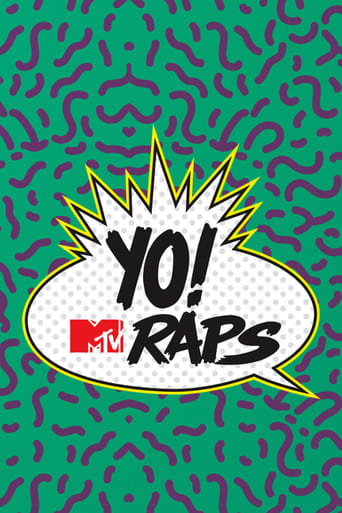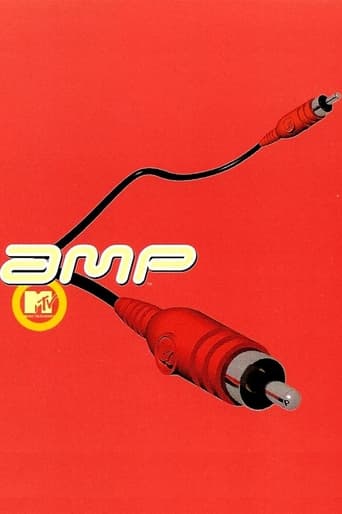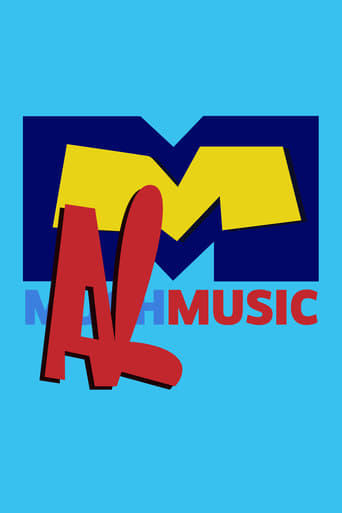මූල පදය Music Video
Sing Street 2016
New York Minute 2004
Jackass: The Movie 2002
UHF 1989
Stay Tuned 1992
Bad 1987
Downfalls High 2021
Ghosts 1997
Lemonade 2016
Anima 2019
Tapeheads 1988
数分間のエールを 2024
The Seat Filler 2004
MeeBOX 2008
MTV Video Music Awards 1984
An annual award ceremony presented by MTV to honor the best in the music video medium.
TRL 1998
Total Request Live was a television series on MTV that featured popular music videos. TRL was MTV's prime outlet for music videos as the network continued to concentrate on reality-based programming. In addition to music videos, TRL featured daily guests. The show was a popular promotion tool used by musicians, actors, and other celebrities to promote their newest works to the show's target teen demographic. TRL played the top ten most requested videos of the day, as requested by viewers who voted online for their favorite video. The countdown started with the tenth most requested video and ended with the most requested. As of October 22, 2007, TRL's countdown was based on votes, charts, ringtones, download, radio airplay, and streams, meaning that the most user requested video might not have been the number 1 video. The show generally aired Monday through Thursday for one hour, though the scheduling and length of the show fluctuated over the years. Despite the word "Live" in the title of the show, many episodes were actually pre-recorded. It was announced on September 15, 2008 that TRL would be shut down and replaced with FNMTV. The special three-hour finale aired on November 16, 2008, at 8 p.m.
The Chart Show 1986
The Chart Show is a music video programme which ran in the United Kingdom on Channel 4 between 1986 and 1988, then on ITV between 1989 and 1998. The production company was Video Visuals, and was credited as "A Yorkshire Television Presentation" from 1993 and 1998. The show has lived on through a Channel 4 revival in 2003 and a more recent revival on the digital music channel Chart Show TV, which ran sporadically from 2008 and 2009.
Making the Video 1999
Making the Video is an MTV show, consisting of half-hour episodes, which chronicles the process of filming various music videos. Usually the director outlines the concept of the video and the show often includes light-hearted and humorous moments. It always concludes with a premiere of the finished video. The show premiered on July 11, 1999 and is currently on a hiatus as of 2009. MTV2 has a similar show entitled [Name of Band/Artist] Makes a Video that has featured artists such as 50 Cent, Fall Out Boy, Dashboard Confessional, Evanescence, and Mos Def among others.
Friday Night Videos 1983
Friday Night Videos is an American music video show broadcast on the NBC television network from July 29, 1983 to May 24, 2002, and was the network's attempt to capitalize on the emerging popularity of music videos as seen on MTV. Belinda Carlisle was the guest host for the first episode.
Austropop-Legenden 2012
B4 2004
B4 was an early morning music video programme broadcast since 2004 on weekdays on Channel 4 at 7am. It was normally broadcast as part of Channel 4's breakfast programming following children's programme The Hoobs and preceding a number of comedy programmes normally imported from America. Produced by the firm behind ITVs The Chart Show, and spin off from their B4 music channel on cable and satellite, the show features around 7 new upfront videos each day that will be released in the United Kingdom in the near future, normally within the next month.
Headbangers Ball 1987
Headbangers Ball (also referred to as simply The Ball) was a music television program consisting of heavy metal music videos airing on MTV, MTV2 (its sister channel), MTV Australia, MTV Rocks (formerly known as MTV2 Europe), MTV Adria (the MTV subsidiary covering the former Yugoslavia), MTV Brand New, MTV Portugal, MTV Finland, MTV Arabia, MTV Norway, MTV Sweden, MTV Denmark, MTV Greece, MTV Türkiye, MTV Israel, MTV Hungary and MTV Japan. The show began on MTV on April 18, 1987,[1] playing heavy metal and hard rock music videos late at night, from both well-known and more obscure artists. The show offered (and became famous because of) a stark contrast to Top 40 music videos shown during the day. However, with the mainstream rise of alternative rock, grunge, pop punk and rap music in the 1990s, the relevance of Headbangers Ball came into question, and the show was ultimately canceled in 1995. Over eight years later, as new genres of heavy metal were gaining a commercial foothold and fan interest became unavoidable, the program was reintroduced on MTV2. It has remained in varying degrees on the network's website, but is no longer shown on television. Many of the videos that aired on the first incarnation of the series would find a home on the similarly themed Metal Mayhem on sister channel MTV Classic.
Bled Music 1991
"Bled Music" is an Algerian musical television program broadcast on ENTV between 1991 and 1992. directed by Aziz Smati and presented by Kamel Dynamite, Farid Rockeur and Samia Benkherroubi. The show, with its irreverent tone, was very popular and had a significant impact on the Algerian music scene, allowing the emergence of many artists including Chaba Fadela, Cheb Sahraoui, Cheb Anouar and Mohamed Lamine. A ranking of music videos by popularity and relied on fans sending their votes by mail. At the end of the 1980s, unrest broke out in Algeria which led the country into a Black Decade. At this time, fundamentalist groups attempted to ban music and most other forms of artistic expression. The show continued to air despite death threats, but on February 14, 1994, Aziz Smati was shot in both legs by a young extremist, which ultimately led to the end of the show .
Yo! MTV Raps 2019
Yo! MTV Raps is a two-hour American television music video program, which ran from August 1988 to August 1995 through its original Yo! MTV Raps name and later by Yo!. The program was the first hip hop music show on the network, based on the original MTV Europe show, aired one year earlier. Yo! MTV Raps produced a lively mix of rap videos, interviews with rap stars, live in studio performances and comedy. The show also yielded a brazilian version called Yo! MTV and broadcast by MTV Brasil from 1990 to 2005.
There She Is!! 1970
There She Is!! is a Flash cartoon series produced by a three-person team and hosted on the Korean website SamBakZa. The cartoons became particularly popular during the spring of 2004 when they were exposed to American and European audiences. The series is noted for its classic manhwa style elements and its high-quality animation. The first There she is!! generated a large amount of positive feedback from its online audience, including fan art, which drove SamBakZa to produce more cartoons in the series. The plot of the series is the romance between an anthropomorphic bunny and cat, in a world where such relationships are taboo. At the 2004 Anima Mundi animation festival in Brazil, this video won first place in both the Web Animation - Professional Jury and Web Animation - Audience divisions, as well as winning the Special Award Anima Mundi Web. Distribution rights to the series are licensed to Gyeonggi Digital Contents Agency. SamBakZa have moved to the Production Support Center located in Gyeonggi-do Bucheon-si. SamBakZa have also stated they may be setting up a registration system in the future on their main page, and will send emails to members when new episodes are released to the public.
MTV Video Music Awards Latinoamérica 2002
Los Premios MTV Latinoamérica was the Latin American version of the Video Music Awards. They were established in 2002 to celebrate the top music videos of the year in Latin America and the world. They are presented annually and broadcast live on MTV Networks Latin America. In 2010, the awards were cancelled replaced by the MTV World Stage Mexico.
Amp 1970
Amp was a music video program on MTV that aired from 1996 to 2001. It was aimed at the electronic music and rave crowd and was responsible for exposing many electronica acts to the mainstream. When co-creator Todd Mueller left the show in 1998, it was redubbed Amp 2.0. The show aired some 46 episodes in total over its 6-year run. In its final two years, reruns were usually shown from earlier years. Amp's time slot was moved around quite a bit, but the show usually aired in the early morning hours on the weekend, usually 2am to 4am. Because of this late night time slot, the show developed a small but cult like following. A few online groups formed after the show's demise to ask MTV to bring the show back and air it during normal hours, but MTV never responded to the requests.
Video Synchronicity 1970
An aspiring-filmmaker arrives in Hollywood during the early 1980s and lands a job working on music videos.
Al Music 1993
Similar to "Al TV", this show was broadcast on Canada's MuchMusic network.
Just Say Julie 1970
Just Say Julie is an American combination comedy/music video show starring and created by comedian and singer Julie Brown. The series aired from 1989 to 1992 on MTV in the United States, where it aired on Friday nights during its run.
TRL UK 1970
TRL UK was a British version of the popular American Total Request Live which first aired in the states in 1998, however it was not brought to the United Kingdom until the last quarter of 2003. It was broadcast weekdays at 4.30pm originally in 2003, however the time slot was changed as it ran in to its second season it was then broadcast at 6.00pm in 2005. The show's main presenter was Dave Berry who was joined by another of MTV's guest presenters each day. The show follows the format of the original Total Request Live it shows a Top 10 Countdown with Musical Guests and Actors and Actresses. It was broadcast from London's Leicester Square from the UK's capital and the presenters would stand in front of glass windows facing down onto the street to the audience just like the U.S. version.
Say What? 1970
Say What? is a music video series that aired on American MTV in 1998. It was created at a time when MTV was being heavily criticized for not playing as many music videos as it had in the past. In an attempt to remedy this problem, five shows were created that centered around videos: 12 Angry Viewers, MTV Live, Artist's Cut, Total Request, and Say What?.

